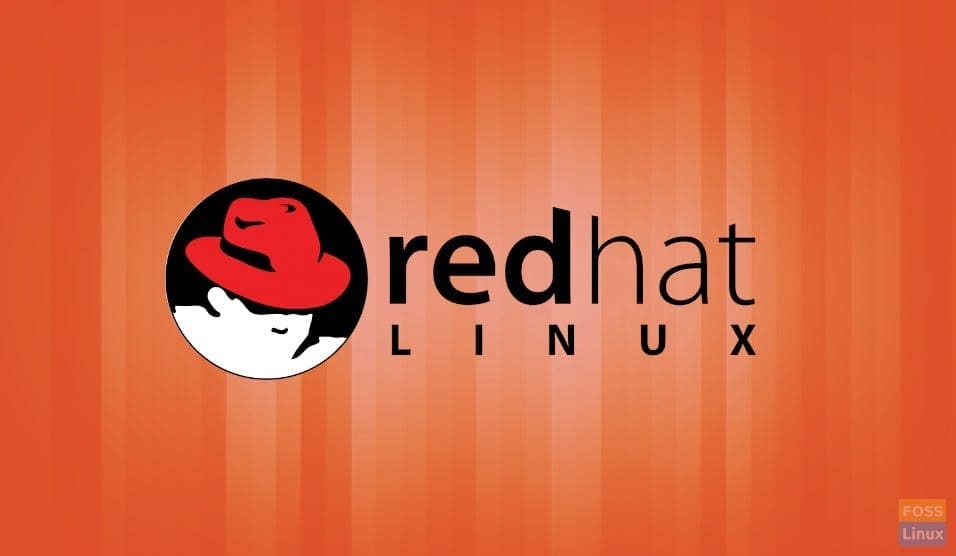The Linux world welcomes the new Red Hat Enterprise Linux 7.7 that comes packed with a variety of new features and improvements. The new version has enhancements related to production stability, containerized application development, and hybrid cloud deployments.
Before we delve into the details of this release, let’s see what this operating system is all about. As you could tell from its name, the Red Hat Enterprise Linux OS mainly focuses on enterprises, with it being the most popular enterprise Linux platform. What separates it from other operating systems is the fact that it offers all the tools necessary for scaling your apps and releasing emerging technologies.
This release focuses on cloud-native flexibility and operational security and is the last installment to version 7 of Red Hat Enterprise Linux. Accordingly, users are to see some new tools and enhancements, such as Kernel Livepatching, Red Hat Insights, and Full Support for image builder.
What’s New
In this section, we’ll get to learn more about what the new Red Hat Enterprise Linux has to offer. Updating to the latest version should give you the following new features:
Kernel Livepatching
Red Hat Enterprise Linux 7.7 allows users to live-patch the OS. With the help of this feature, IT personnel won’t have to restart their system for applying Kernel changes to CVEs (Critical or Important Common Vulnerabilities and Exposures). Henceforth, the operating system becomes more secure as it saves enterprises from system outages and downtime.
Added Support for Red Hat Tools
With this update, the operating system will be able to make use of skopeo, podman and buildah, which are a part of Red Hat’s distributed container toolkit.
Because of this move, development teams are given a smaller, more manageable tool footprint for building, managing and running containerized apps across the cloud.
Image Builder
The new Red Hat Enterprise Linux fully supports image builder, which is a tool that helps with building cloud images for Google Cloud Platform, Microsoft Azure, Amazon Web Services, and other leading public cloud infrastructures.
Red Hat Insights
Red Hat Enterprise Linux 7.7 introduces Red Hat’s expertise-as-a-service facility, known as Red Hat Insights. IT professionals will be able to better handle downtimes and other issues by detecting, analyzing, and remediating various possible software security and configuration problems with the help of this feature.
Improved Network Performance
After updating, users will see a performance boost in Red Hat OpenStack Platform and Red Hat OpenShift. The reason for this is that network controller hardware is now responsible for network functions virtualization (NFV) and virtual switching.
It should also be mentioned that existing Red Hat Enterprise Linux can get Red Hat Enterprise Linux 7.7 from the Red Hat Customer Portal.
Conclusion
For enterprises looking for better cloud performance, Kernel Livepatching and fewer downtimes, it would be optimal to update to Red Hat Enterprise Linux 7.7. Also, this minor update will be followed by a major one in Red Hat Enterprise Linux 8. So once you update, you can take advantage of the new features and don’t have to worry about updating again for some time. For more info about this release, make sure to check out the official release notes.

